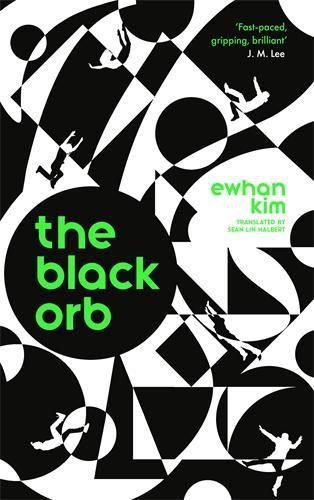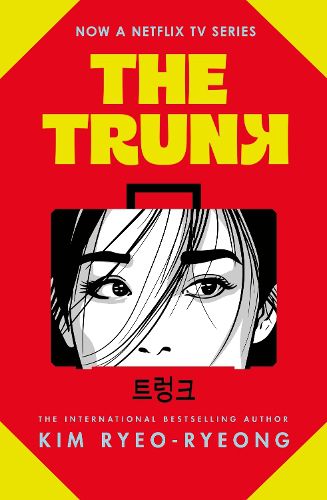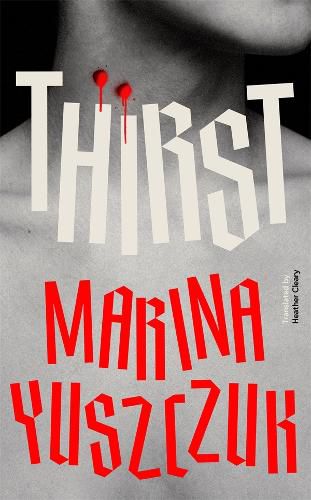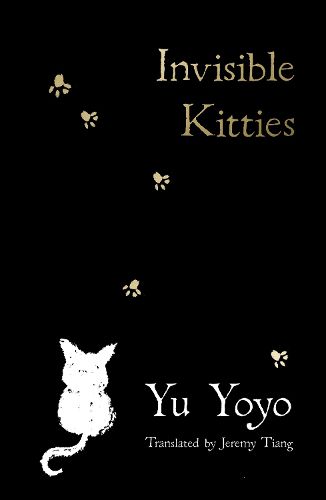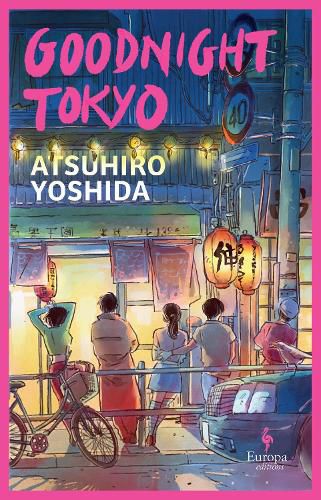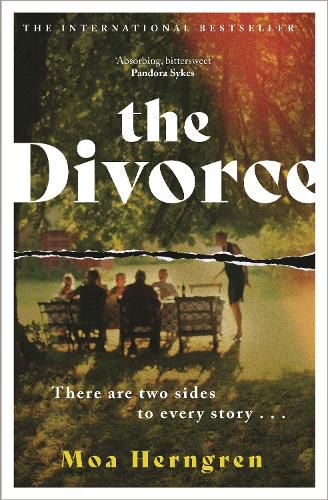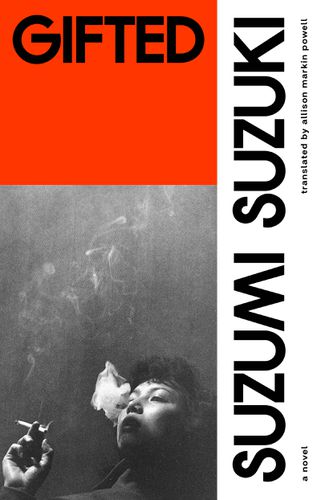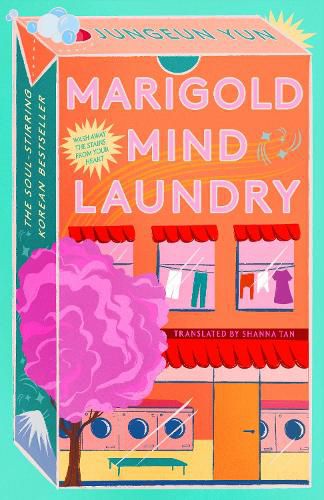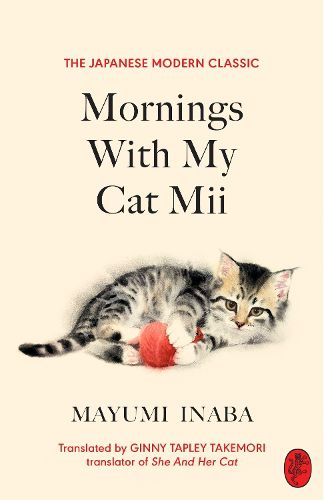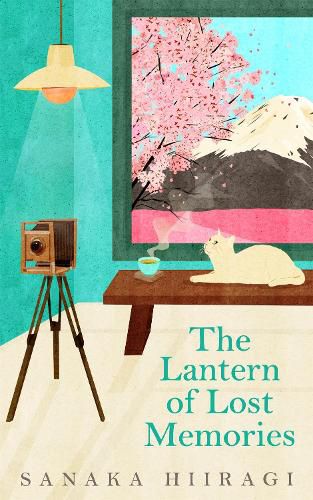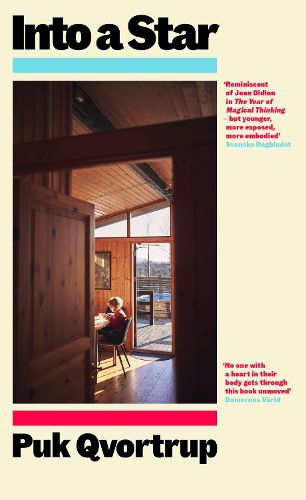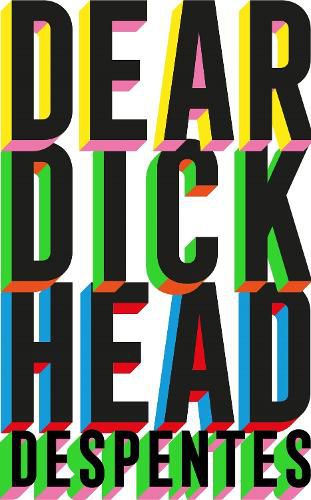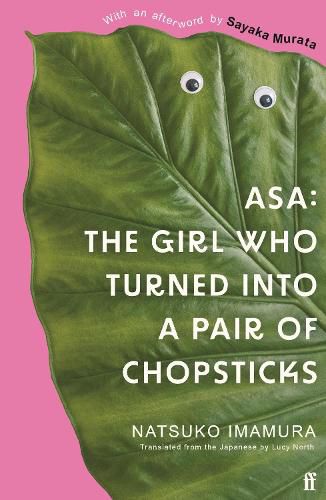The Pachinko Parlour
Elisa Shua Dusapin, Aneesa Abbas Higgins (trans.)
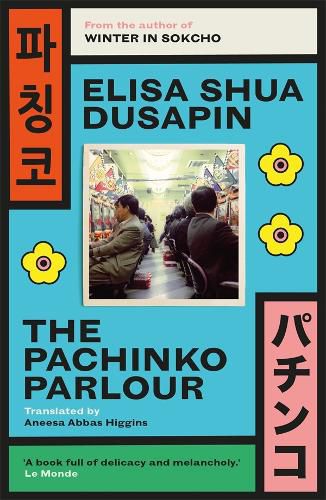
The Pachinko Parlour
Elisa Shua Dusapin, Aneesa Abbas Higgins (trans.)
From the author of Winter in Sokcho, which won the 2021 National Book Award for Translated Literature.
The days are beginning to draw in. The sky is dark by seven in the evening. I lie on the floor and gaze out of the window. Women’s calves, men’s shoes, heels trodden down by the weight of bodies borne for too long.
It is summer in Tokyo. Claire finds herself dividing her time between tutoring twelve-year-old Mieko in an apartment in an abandoned hotel and lying on the floor at her grandparents: daydreaming, playing Tetris, and listening to the sounds from the street above. The heat rises; the days slip by.
The plan is for Claire to visit Korea with her grandparents. They fled the civil war there over fifty years ago, along with thousands of others, and haven’t been back since. When they first arrived in Japan, they opened Shiny, a pachinko parlour. Shiny is still open, drawing people in with its bright, flashing lights and promises of good fortune. And as Mieko and Claire gradually bond, their tender relationship growing, Mieko’s determination to visit the pachinko parlour builds.
The Pachinko Parlour is a nuanced and beguiling exploration of identity and otherness, unspoken histories, and the loneliness you can feel within a family. Crisp and enigmatic, Shua Dusapin’s writing glows with intelligence.
Review
Rebecca Crisp
Claire’s lacking direction. In fact, she’s suffering from almost total inertia. Trying to achieve anything during a stifling Tokyo summer is difficult, but Claire’s apathy seemslike more than just a reaction to the humidity. She’s visiting her Korean grandparents in Japan while her absent mother tours Europe with her musician father, and her long-term boyfriend Mathieu finishes his thesis back home in Switzerland. Aside from taking her grandmother to get her hair done or find the good noodles, the only time Claire leaves her grandparents’ airless apartment is to tutor 12-year-old Mieko in French.
This economical little novella examines the different reasons people get stuck. Sometimes trauma prevents us from moving forward, and sometimes it’s just the paralysing decision-making of adulthood. Mieko and her mother are trapped in limbo, living in a decommissioned hotel just in case Mieko’s runaway father happens to return. Claire’s grandparents occupy a liminal space between a ‘country that no longer exists’ (pre-separation Korea) and a country where they’ll never feel at home (Japan). Claire’s only ambition seems to be taking her grandparents back to Korea for the first time since fleeing the Korean civil war. But do they actually want to go? Or is Claire just trying to unpack and reconcile the Swiss, Korean and Japanese facets of her personal and cultural identity?
All of the characters bounce around their confines seemingly without agency, like the silver balls inside the machines at Claire’s grandfather’s pachinko parlour. Perhaps it’s too late for her grandparents, but by starting at the beginning – Korea – Claire might just be able to find a middle ground between her mother’s abandonment of her roots and her grandparents’ self-imprisonment in the past.
At less than 200 pages, Elisa Shua Dusapin’s powerful follow-up to the award- winning Winter in Sokcho is a book you’ll be thinking about for much longer than it’ll take you to read.
This item is in-stock at 6 shops and will ship in 3-4 days
Our stock data is updated periodically, and availability may change throughout the day for in-demand items. Please call the relevant shop for the most current stock information. Prices are subject to change without notice.
Sign in or become a Readings Member to add this title to a wishlist.


